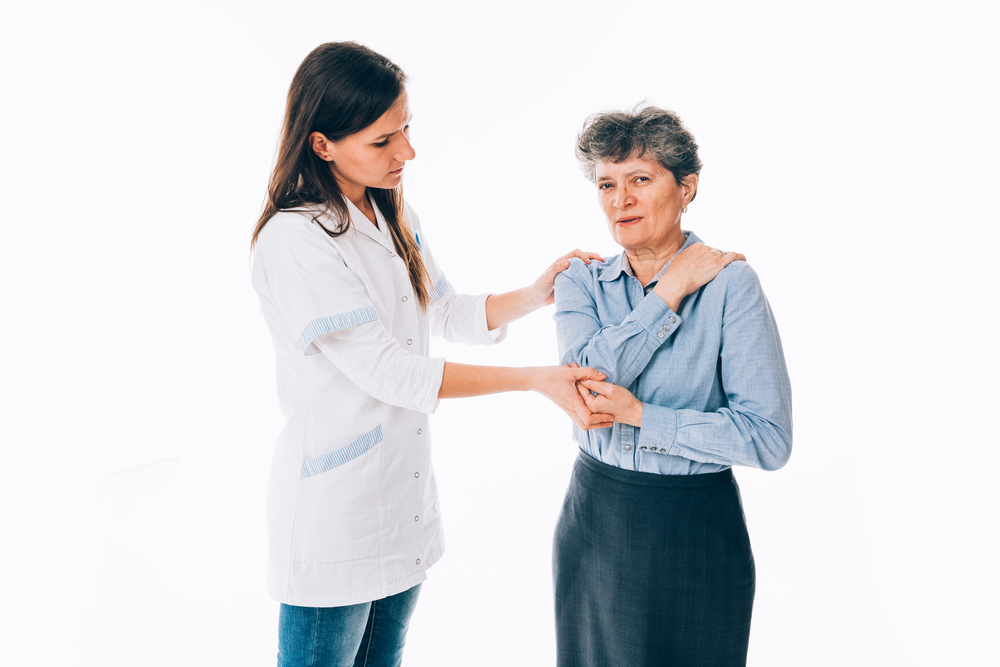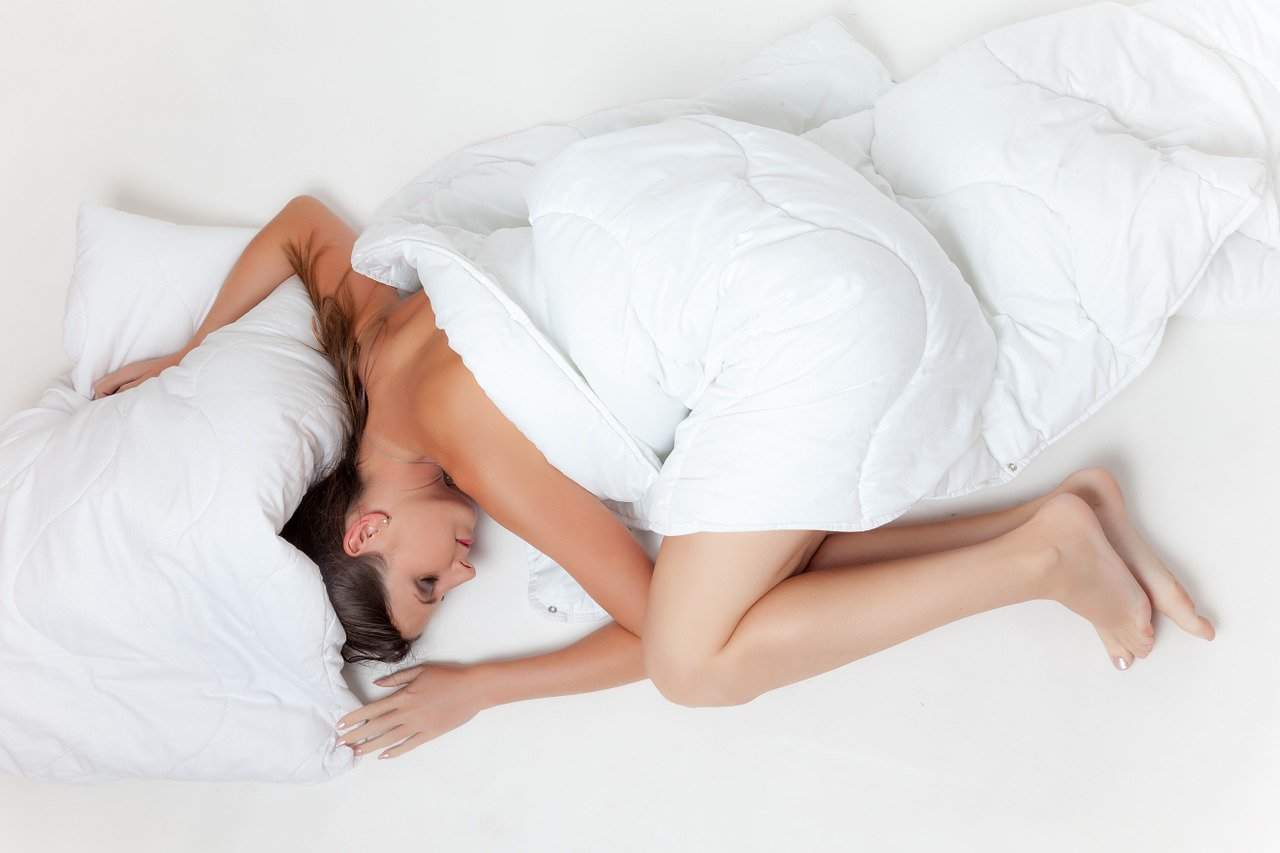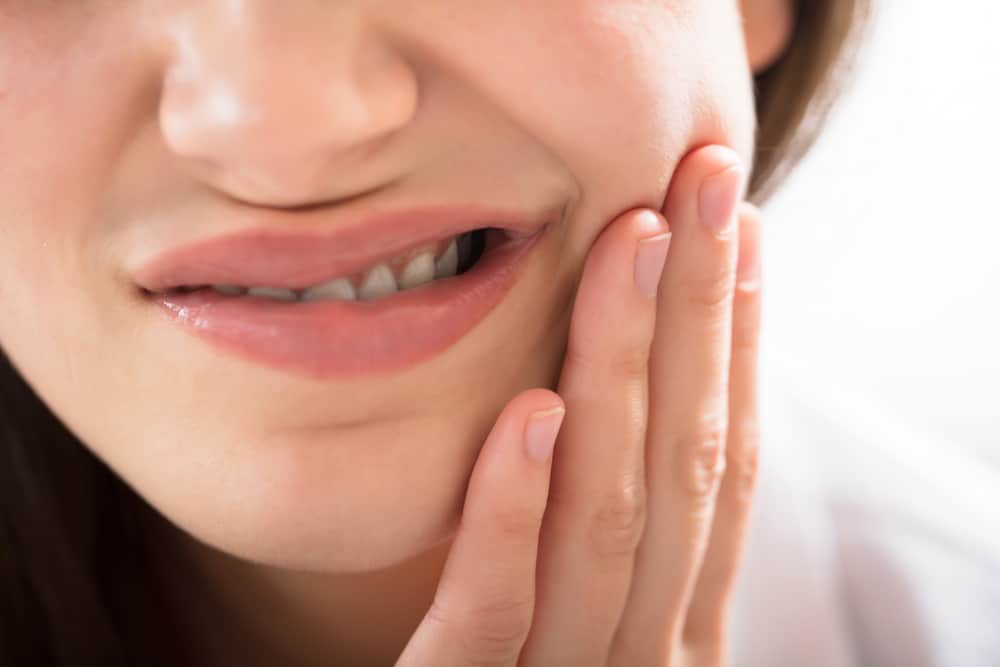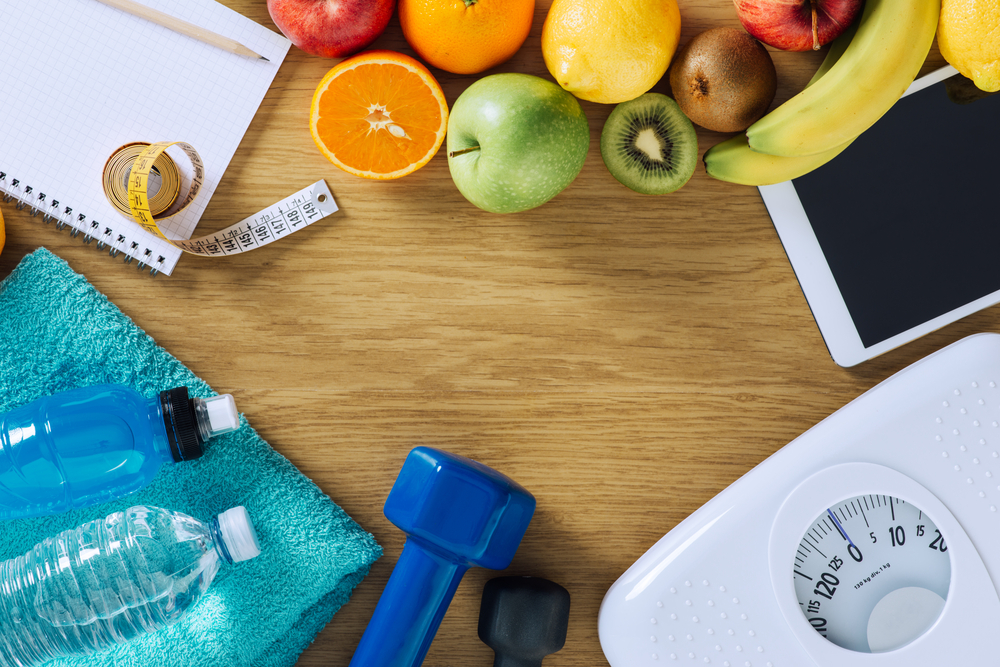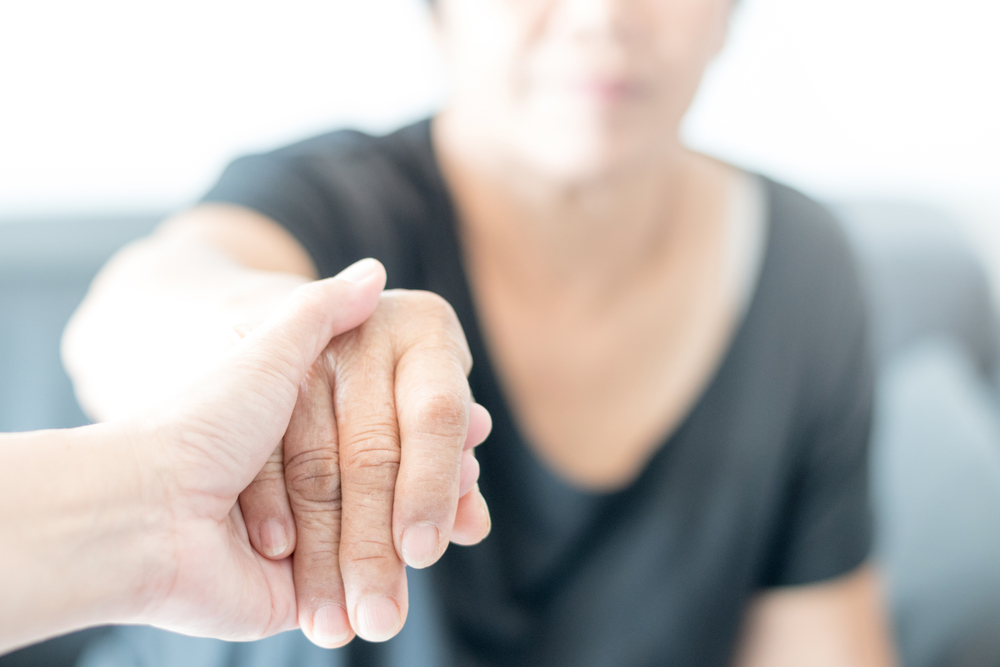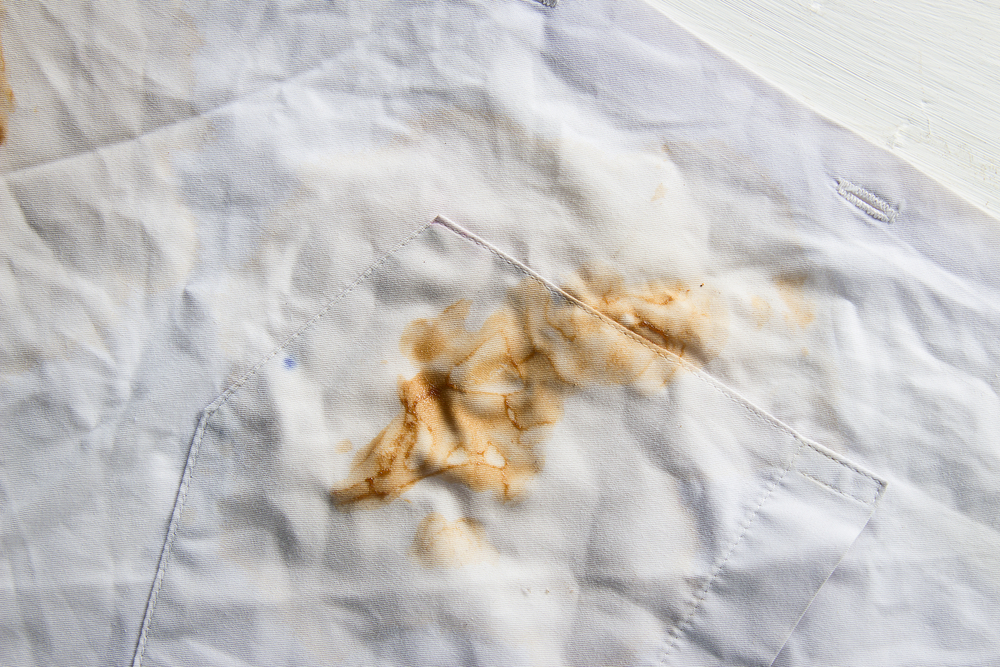Contents:
- Medical Video: Osteoporosis Exercises for Hip Strengthening
- Life changes to help overcome osteoporosis
- 1. Take osteoporosis medication
- 2. You may be recommended for hormone therapy
- 3. Avoid consumption of alcohol and cigarettes
- 4. Be extra careful, do not let you fall
- 5. Eat more calcium and vitamin D
- 6. Maintain digestive health
- 7. Avoid stereoid drugs
- 8. Adjust physical activity
Medical Video: Osteoporosis Exercises for Hip Strengthening
Generally, menopausal women are at higher risk of osteoporosis. Even so, even men or young children can be affected by this condition of bone loss.
Usually the doctor will do a test bone densitrometry to diagnose osteoporosis You. This test is done to look for the risk of fractures or fractures and measure your response to determining which osteoporosis medication you will take.
After that, you are required to change unhealthy habits that can worsen the condition of your bones. There are a number of things you should pay attention to after being diagnosed with osteoporosis. Anything?
Life changes to help overcome osteoporosis
1. Take osteoporosis medication
After a doctor diagnoses a bone condition, you are usually required to take biphosphonate drugs, for example alendronate. Bisphosphonates are drugs that function to increase and maintain bone density. This drug is expected to reduce the risk of cracking or erosion of bones in your body. Bisphosphonates are usually given as tablets or injections.
2. You may be recommended for hormone therapy
As mentioned above, women are more at risk of osteoporosis than men. This condition is caused by a decrease in estrogen levels in a woman's body when she experiences menopause.
Esterogens play an important role in maintaining the density of bone cells in the body, and when estrogen levels begin to decline, bone density is also threatened with decline. Therefore, you can do it hormone therapy as one way and drug for osteoporosis.
3. Avoid consumption of alcohol and cigarettes
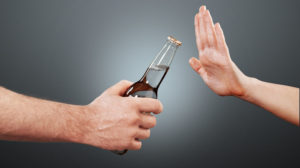
Other life changes that you can apply after being diagnosed with osteoporosis are avoiding alcoholic beverages and cigarettes. According to the National Institute of Health, alcohol and cigarettes can cause bones to become brittle, weak, so they can easily fracture.
Consumption of alcohol also risks causing hangovers and falls, and if you suffer from osteoporosis, your bones will break more easily when you fall.
4. Be extra careful, do not let you fall
Osteoporosis has porous bones, so when you fall, you are more prone to fractures.
If you have osteoporosis, you can prevent and avoid the danger of falling in certain ways. First, reduce the risk by avoiding slippery floors or loose carpets. Then, fix and remove the electronic wiring scattered on the floor of the house.
Also pay attention to the light at night, use enough light around the home environment to avoid you falling or crashing into objects. You can also use a rubber mat on the bathroom floor to avoid slippery and slipping.
5. Eat more calcium and vitamin D

As an adult, you generally need to consume around 1,000 milligrams of calcium per day to keep your bones healthy and strong. Whereas if you are 51 and above and have an osteoporosis condition, you need to consume 1,200 milligrams per day.
Generally, calcium can be found in foods and beverages such as fish, broccoli, spinach, almond nut, milk and citrus fruits.
6. Maintain digestive health
In addition to the condition of the bones that must be maintained properly, your digestive health condition must also be considered When you have osteoporosis and your digestive system does not function optimally, the osteoporosis medication you consume (including additional vitamins and calcium), will not be absorbed properly. As a result, the condition of your bone loss can worsen.
Therefore, when you have osteoporosis, not only bone health must be maintained, but digestive health must also be maintained properly.
7. Avoid stereoid drugs
The National Osteoporosis Foundation says that even if you are taking osteoporosis drugs, you should avoid steroid drugs. Steroid drugs such as hydrocortisone or dexamethasone can eliminate calcium in the bones and teeth. Therefore, when you often or take steroid drugs, this can worsen the condition of osteoporosis that you have.
8. Adjust physical activity
After receiving a diagnosis regarding the condition of your bones, your doctor may recommend exercise. Because, rarely exercise or physical activity can increase the risk or even worsen loss of bone.
Exercise not only improves your bone health, but also increases muscle strength, coordination, and balance, and improves your health.
Although exercise is good for people with osteoporosis, exercise should be done not suddenly or excessively which can torture your bones. Do exercise and physical activity in accordance with the doctor's recommendations. Exercise is good for bone density, but be careful for those who have experienced bone loss, because it can increase the risk of fractures.
Don't forget to always check your bone condition regularly to the bone specialist who handles it.

